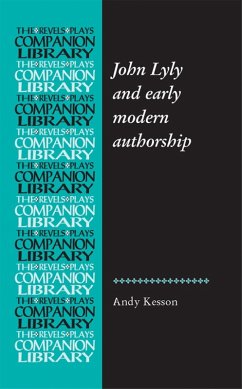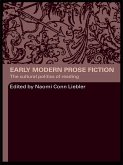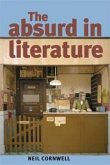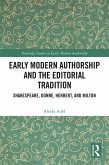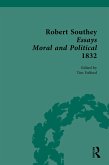During Shakespeare's lifetime, John Lyly was repeatedly described as the central figure in contemporary English literature. This book takes that claim seriously, asking how and why Lyly was considered the most important writer of his time.
Kesson traces Lyly's work in prose fiction and the theatre, demonstrating previously unrecognised connections between these two forms of entertainment. The final chapter examines how his importance to early modern authorship came to be forgotten in the late seventeenth century and thereafter.
This book serves as an introduction to Lyly and early modern literature for students, but its argument for the central importance of Lyly himself and 1580s literary culture makes it a significant contribution to current scholarly debate. Its investigation of the relationship between performance and print means that it will be of interest to those who care about, watch or work in early modern performance.
Kesson traces Lyly's work in prose fiction and the theatre, demonstrating previously unrecognised connections between these two forms of entertainment. The final chapter examines how his importance to early modern authorship came to be forgotten in the late seventeenth century and thereafter.
This book serves as an introduction to Lyly and early modern literature for students, but its argument for the central importance of Lyly himself and 1580s literary culture makes it a significant contribution to current scholarly debate. Its investigation of the relationship between performance and print means that it will be of interest to those who care about, watch or work in early modern performance.
Dieser Download kann aus rechtlichen Gründen nur mit Rechnungsadresse in A, D ausgeliefert werden.

